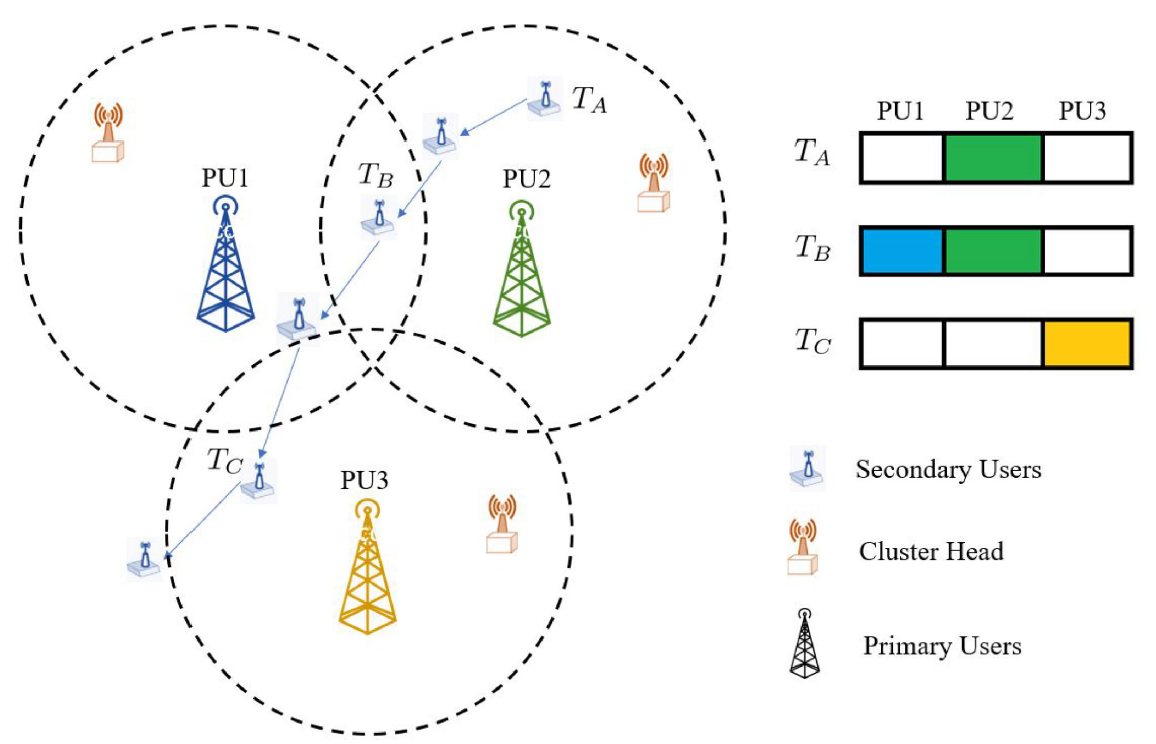A Machine Learning Approach for Mobile Collaborative Spectrum Sensing


Spectrum sensing in a large-scale heterogeneous network is very challenging as it usually requires a large number of static secondary users (SUs) to obtain the global spectrum states. To tackle this problem, the paper, entitled Mobile Collaborative Spectrum Sensing for Heterogeneous Networks: A Bayesian Machine Learning Approach published in IEEE Transactions on Signal Processing in Nov. 2018, proposes a new framework based on Bayesian machine learning. The authors exploit the mobility of multiple SUs to simultaneously collect spectrum sensing data and cooperatively derive the global spectrum states. They first develop a novel non-parametric Bayesian learning model, referred to as beta process (BP) sticky hidden Markov model (SHMM), to capture the spatial–temporal correlation in the collected spectrum data, where the SHMM models the latent statistical correlation within each mobile SU’s time series data, while the BP crealizes the cooperation among multiple SUs. Bayesian inference is then carried out to automatically infer the heterogeneous spectrum states. Based on the inference results, the authors also develop a new algorithm with a refinement mechanism to predict the spectrum availability, which enables a newly joining SU to immediately access the unoccupied frequency band without sensing. Simulation results show that the proposed framework can significantly improve spectrum sensing performance compared with the existing spectrum sensing techniques.

